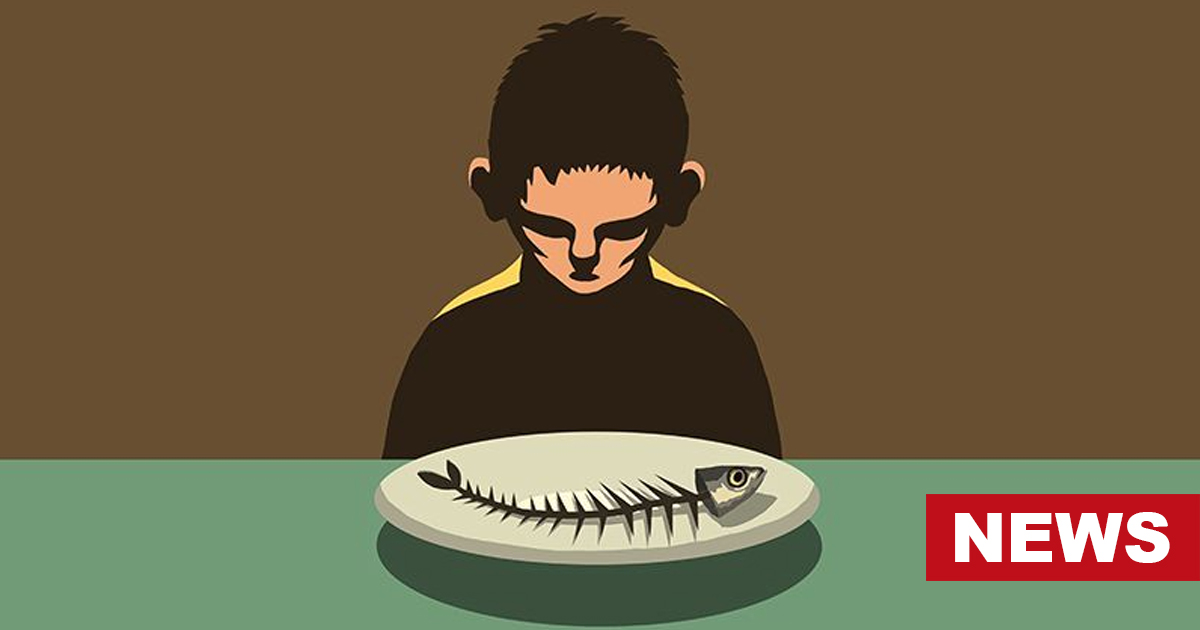A new study published in the Canadian Medical Association Journal revealed how food security and mental health are intricately related in children. It also investigates the relationship between household food insecurity and contact with health services for mental or substance use disorders among children and adolescents in Ontario, Canada.
To conduct this investigation into food insecurity and mental health, the researchers utilized health administrative data linked to five waves of the Canadian Community Health Survey. The study focused on adolescents and children in food-insecure homes, aged 1-17 years, whose households responded to the Household Food Security Survey Module.
Using administrative data, the researchers identified outpatient and acute care contacts for mental or substance use disorders during the year preceding the survey completion. The analysis involved estimating prevalence ratios to gauge the association between household food insecurity and the utilization of mental health services, while adjusting for various confounding factors.
The study sample comprised 32,321 children and adolescents, among whom 16.1% lived in food-insecure households. Of the total sample, 9.0% had outpatient mental health contacts, and 0.6% had acute care contacts for mental or substance use disorders.
Notably, children and adolescents residing in food-insecure households exhibited a 55% higher prevalence of outpatient contacts and a 74% higher prevalence of acute care contacts for mental or substance use disorders.
Although contacts related to substance use disorders were relatively rare, the results underscored the significance of household food insecurity in driving health service utilization for mental health issues among young individuals.
The findings suggest that food insecurity and child development are inversely related. Children and adolescents living in food-insecure households tend to utilize health services for mental or substance use disorders more frequently than their counterparts in households without food insecurity.
Addressing the needs of food-insecure families through targeted efforts may not only improve the mental health of children and adolescents but also alleviate the burden on the mental health system.









